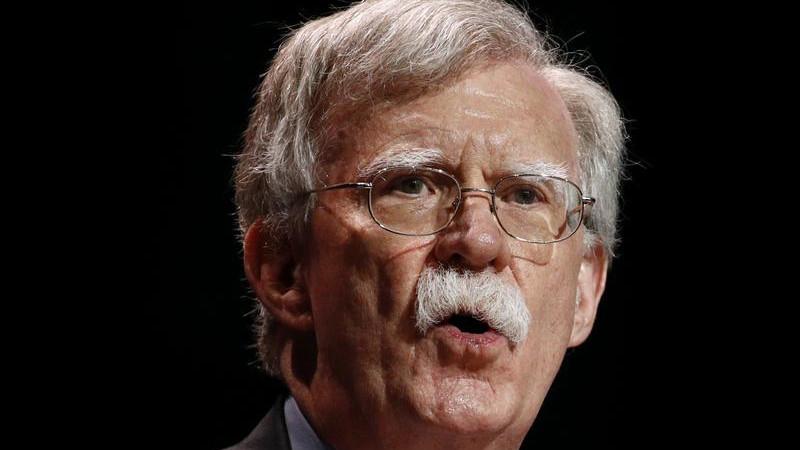
John Bolton, the former national security adviser to Donald Trump, has been indicted on charges related to the retention and transmission of national defence information. This indictment, finalized on September 28, 2023, marks a significant development in the ongoing investigation into the handling of classified materials and is the third recent indictment of a notable critic of Trump by the U.S. Justice Department.
Bolton’s legal team has yet to respond to requests for comment regarding the indictment. Previously, his lawyer had denied any allegations of wrongdoing, insisting that Bolton’s actions were appropriate and lawful. The indictment follows revelations in September that Bolton was under federal investigation for the potential mishandling of classified documents.
The political landscape has shifted dramatically since Trump’s presidency, with the former president vowing retribution against his critics following legal challenges he faced after leaving office in 2021. Trump has been openly critical of federal law enforcement, urging Attorney General Pam Bondi to expedite charges against his perceived adversaries, which has led to significant scrutiny of the Justice Department’s actions.
Bolton, who previously served as U.S. ambassador to the United Nations and later as national security adviser, has emerged as one of Trump’s most vocal opponents. In a memoir released in 2024, he described Trump as unfit for the presidency. The charges against Bolton come in the wake of indictments against other high-profile figures, including former FBI Director James Comey and New York Attorney General Letitia James. Comey faces charges of making false statements to Congress and obstruction, while James is charged with bank fraud.
The U.S. Justice Department’s push to indict Bolton faced some initial resistance from line prosecutors and attorneys within the National Security Division, who expressed concerns about rushing the case. However, after further review of the evidence, prosecutors determined they were ready to proceed.
In August, FBI agents executed a search warrant at Bolton’s home and office, seeking evidence of violations of the Espionage Act. Court documents reveal that agents seized two mobile phones and various documents labeled “Trump I-IV” and “statements and reflections to Allied Strikes.” Among the materials collected were records marked “confidential,” including information pertaining to weapons of mass destruction and strategic U.S. communications.
Additionally, court records disclose that Bolton’s email account was hacked by a foreign entity, although specific details about the breach remain redacted. Bolton’s legal representatives have argued that the documents in question are standard for a former government official to possess.
This indictment mirrors the legal troubles faced by Trump, who was previously charged under the Espionage Act for allegedly mishandling classified documents after leaving the White House. Trump has pleaded not guilty to those charges, which were dropped following his re-election in November 2024.
The case against Bolton is being led by the U.S. Attorney’s Office in Maryland, which is also investigating Democratic Senator Adam Schiff for possible mortgage fraud. Schiff has denied any wrongdoing and has not faced charges.
As the political climate continues to evolve, the implications of these indictments raise questions about the intersection of law and politics in the United States. The outcome of Bolton’s case could further influence the ongoing discourse surrounding accountability and transparency within government institutions.







